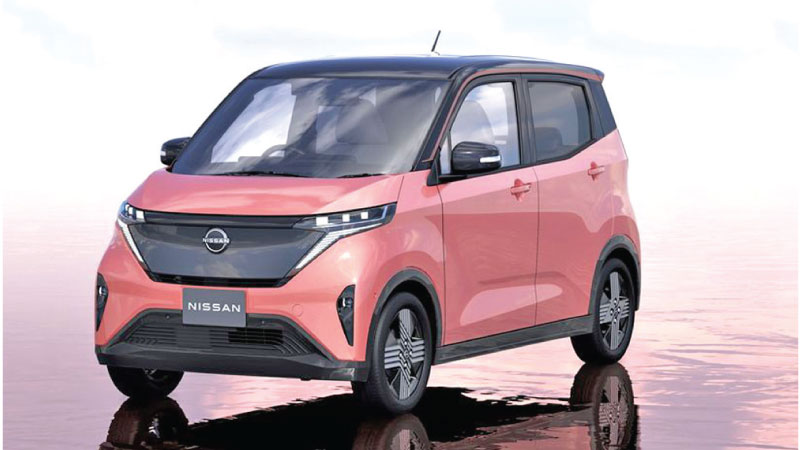Japan’s electric vehicle market fell 33 percent in 2024 from an already low baseline. But China’s BYD still saw sales growth in the country. Nissan still dominates the Japanese electric car market, and Tesla leads among imported EVs, but BYD is now reportedly working on a model it hopes will slingshot it to the top of the country’s EV sales charts.
Nikkei said that BYD is working on an electric kei car to rival Japan’s best-selling EV, the Nissan Sakura. The Sakura is a Kei car with a starting price of around US$ 18,250. The Sakura has a tiny 20 kilowatt-hour battery that is good for a claimed WLTC range of 112 miles (180 km). It gets a heat pump for efficient cabin climate control and 100 kW fast-charging capabilities.
For BYD to hit it big with its kei car in Japan, it needs to beat the Sakura’s specs and offer the car at a lower price. One of the reasons why Japanese car buyers are avoiding EVs (which accounted for just 2 percent of all new cars bought in 2024) is their higher price. If BYD can undercut the country’s bestseller, it should not have a problem dethroning it.
According to Nikkei, BYD is currently targeting a starting price of around US$ 17,700, which would fulfil the all-important affordability criteria that would give it the best chance of success.
For a car to meet Japan’s kei car regulations (which bring low taxes on top of the parking/usability advantages of having such a small car since parking is really scarce and expensive there), it must not be longer than 3.4 metres, wider than 1.48m or taller than 2m. Kei cars are also limited to 64 horsepower, which, if the car is driven by petrol, is usually derived from a 660 CC engine.
Because kei cars are so specific to Japanese regulations and not officially sold anywhere else, pretty much no company outside of Japan has ever made one. The sole exception is Smart, which made its For Two narrower and limited its cubic capacity to 660 cc to meet kei regulations in the Japanese market. Incidentally, Sri Lanka is one of the few outside markets where kei cars are unofficially sold, including unique ones such as the Honda S2000.
The closest thing to a foreign kei car today is probably the Hyundai Inster, but it is still around 10 percent too big since it is not designed to meet the specific regulations as it is also sold in many other markets.
BYD may therefore be the first non-Japanese automaker working on an actual bespoke kei car. It currently sells four models in Japan: the Dolphin, the Atto 3, the Seal and the Sealion 7.
The first of these is a small city car, but it is too wide for the kei car classification, so it is not as popular as it could be. So its new electric kei car is reportedly coming sometime in 2026.







